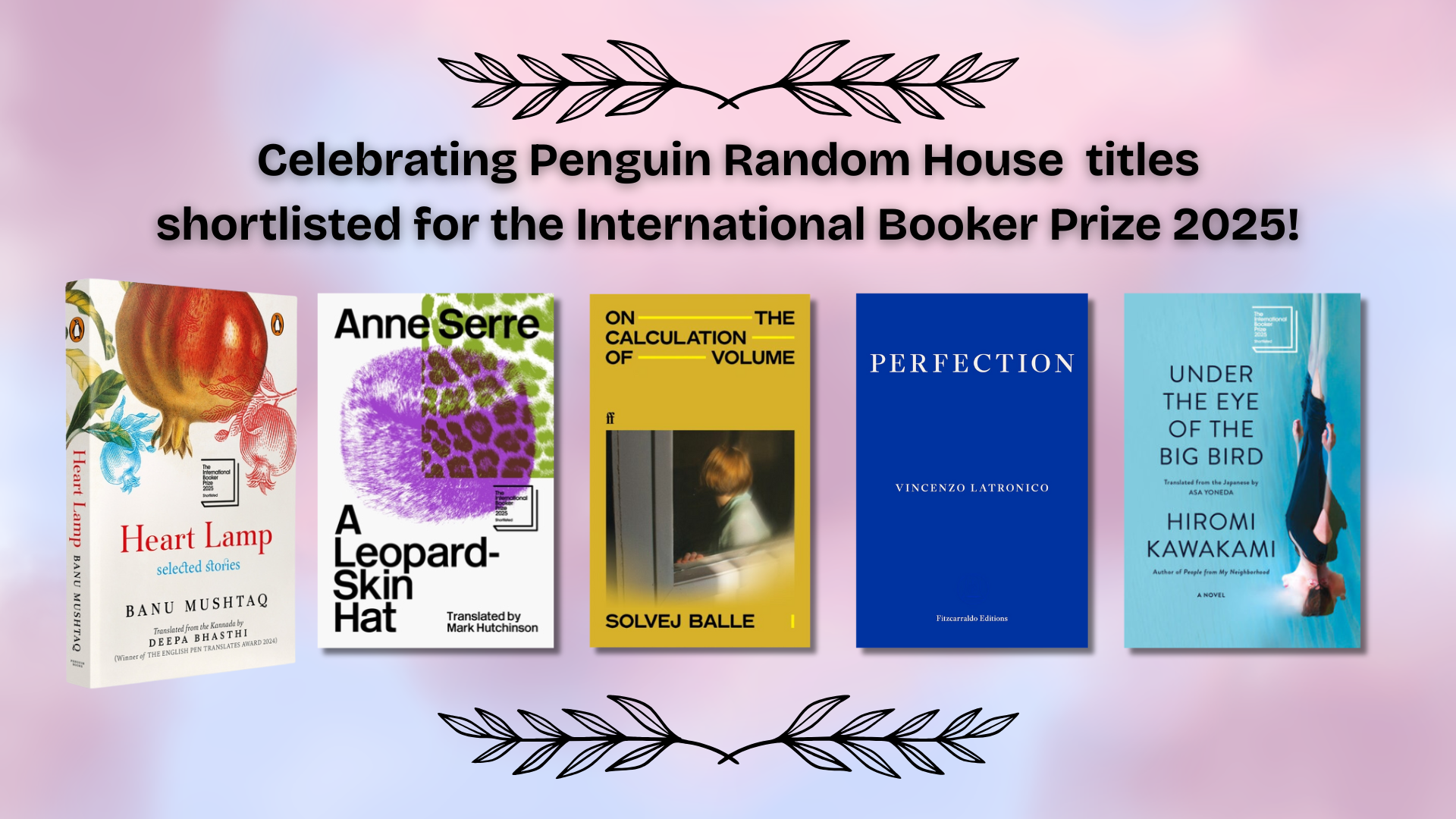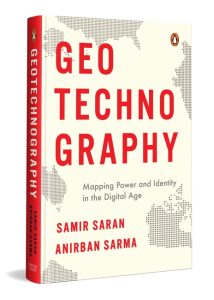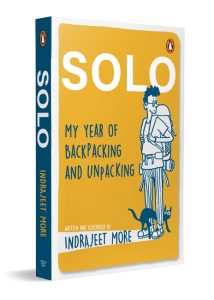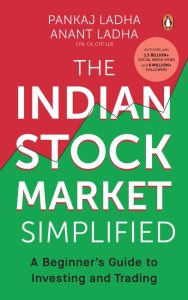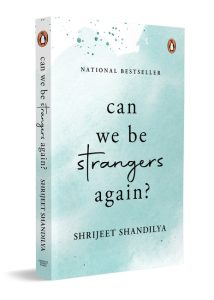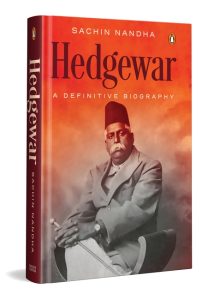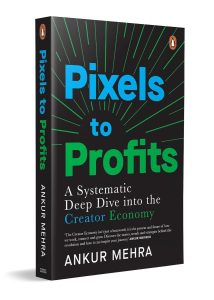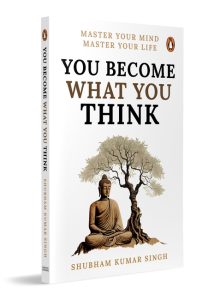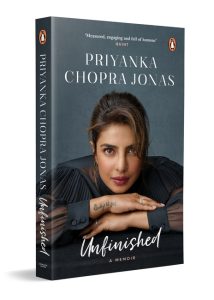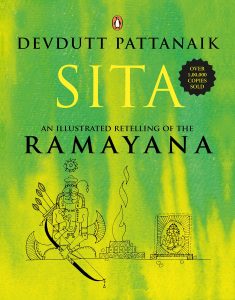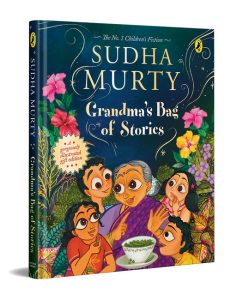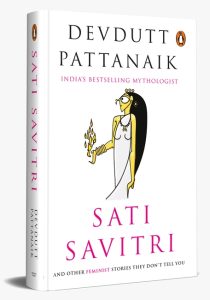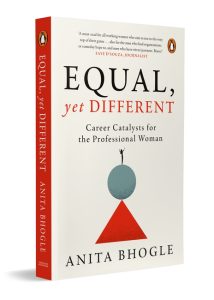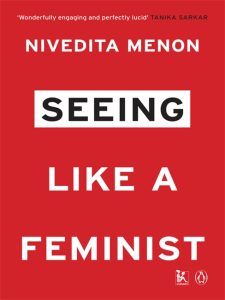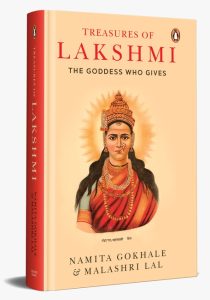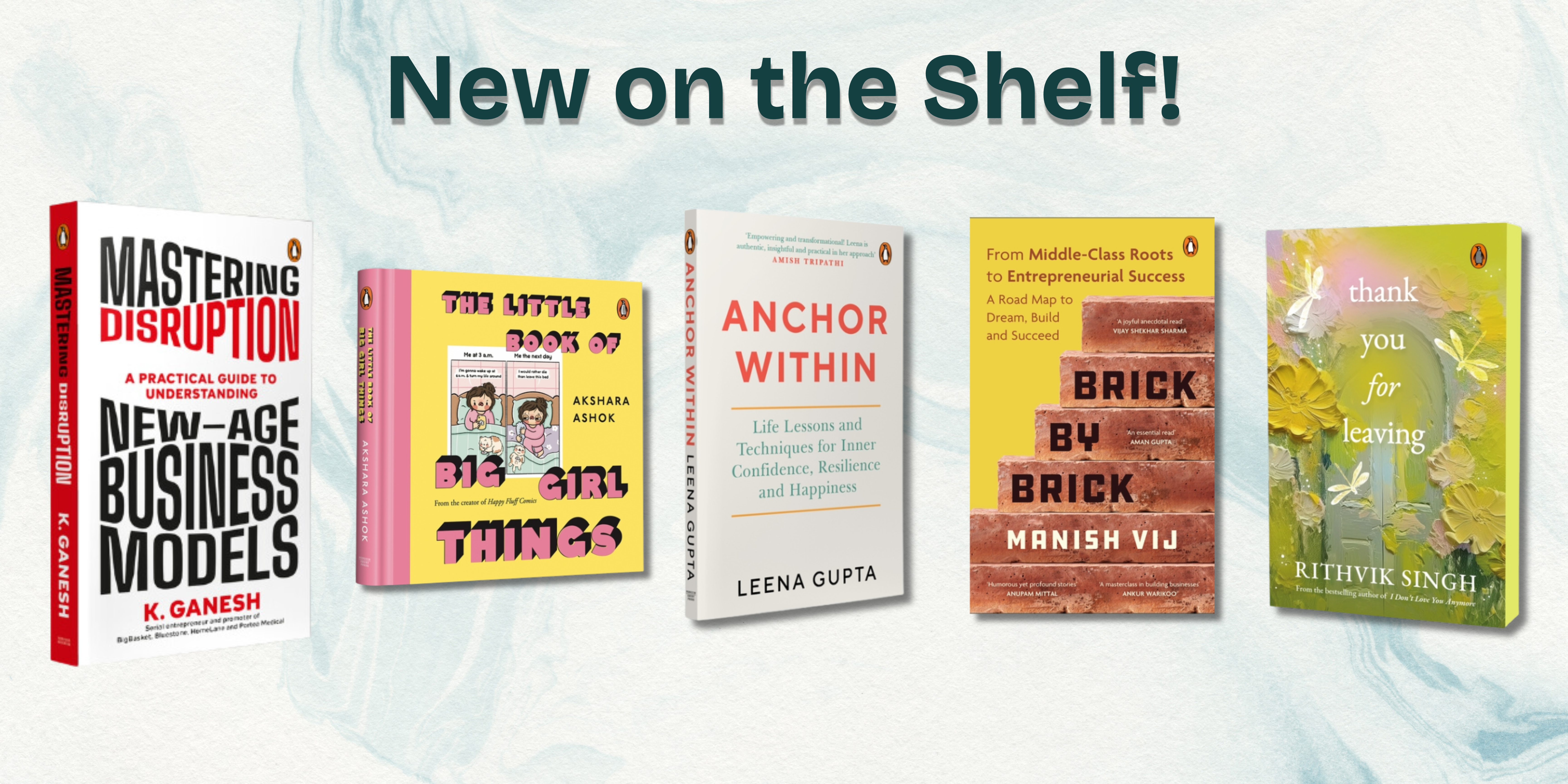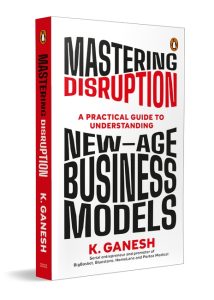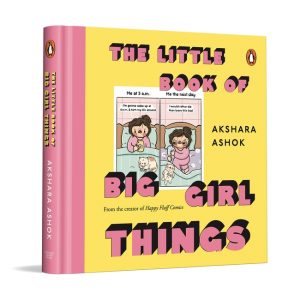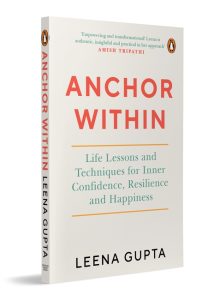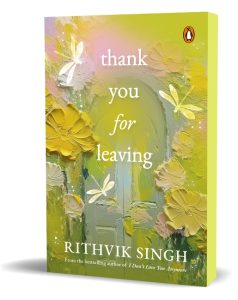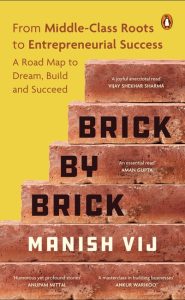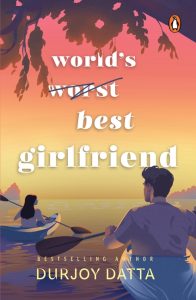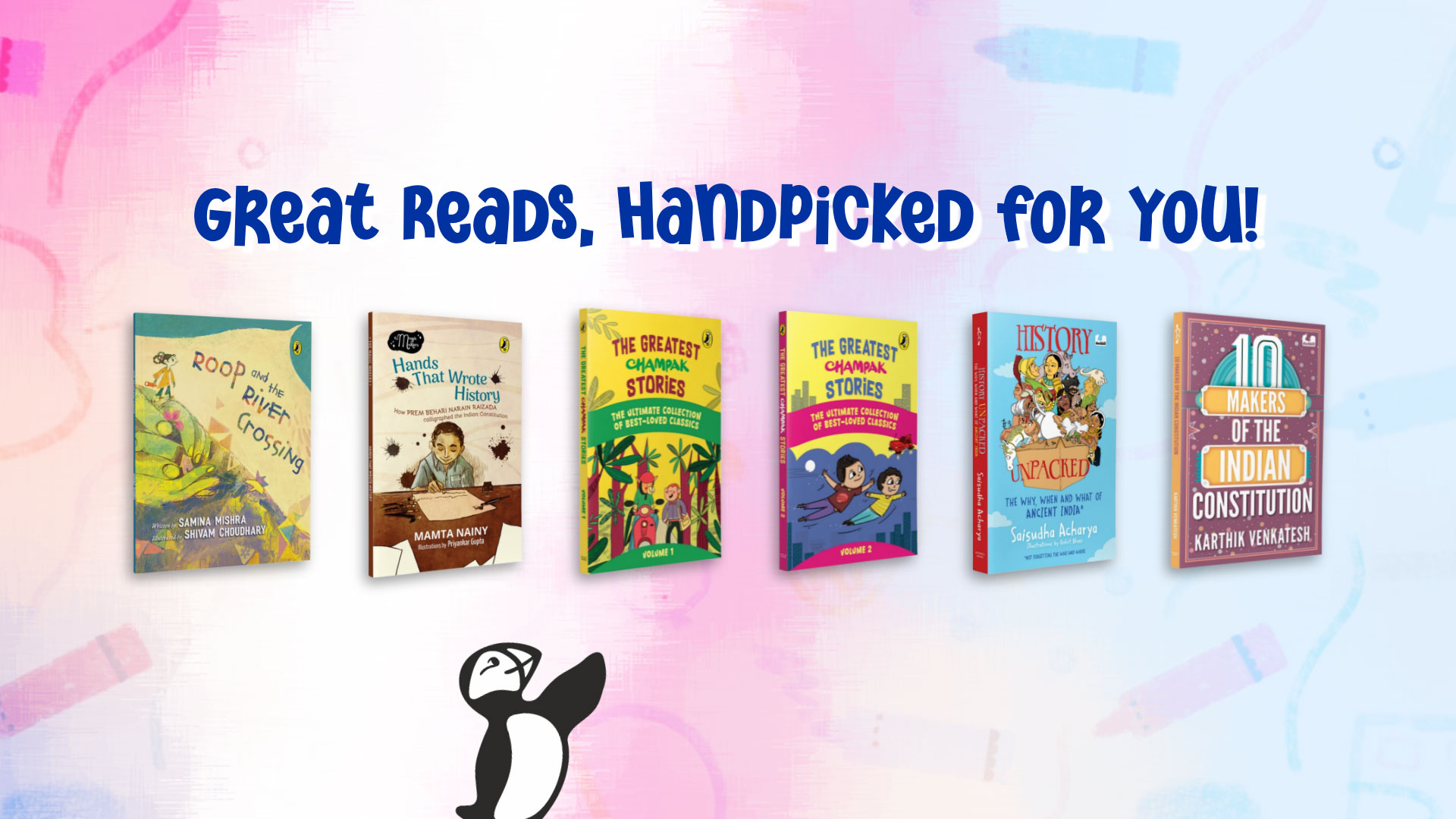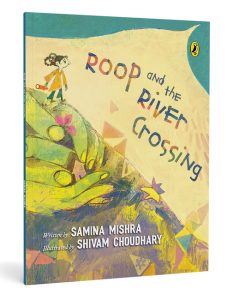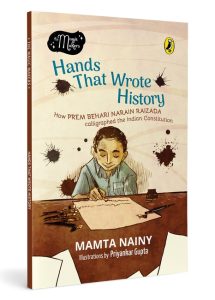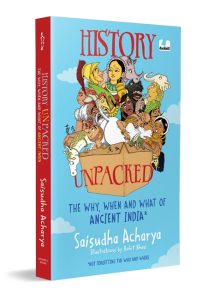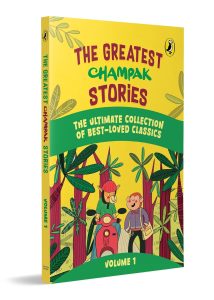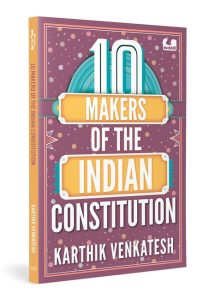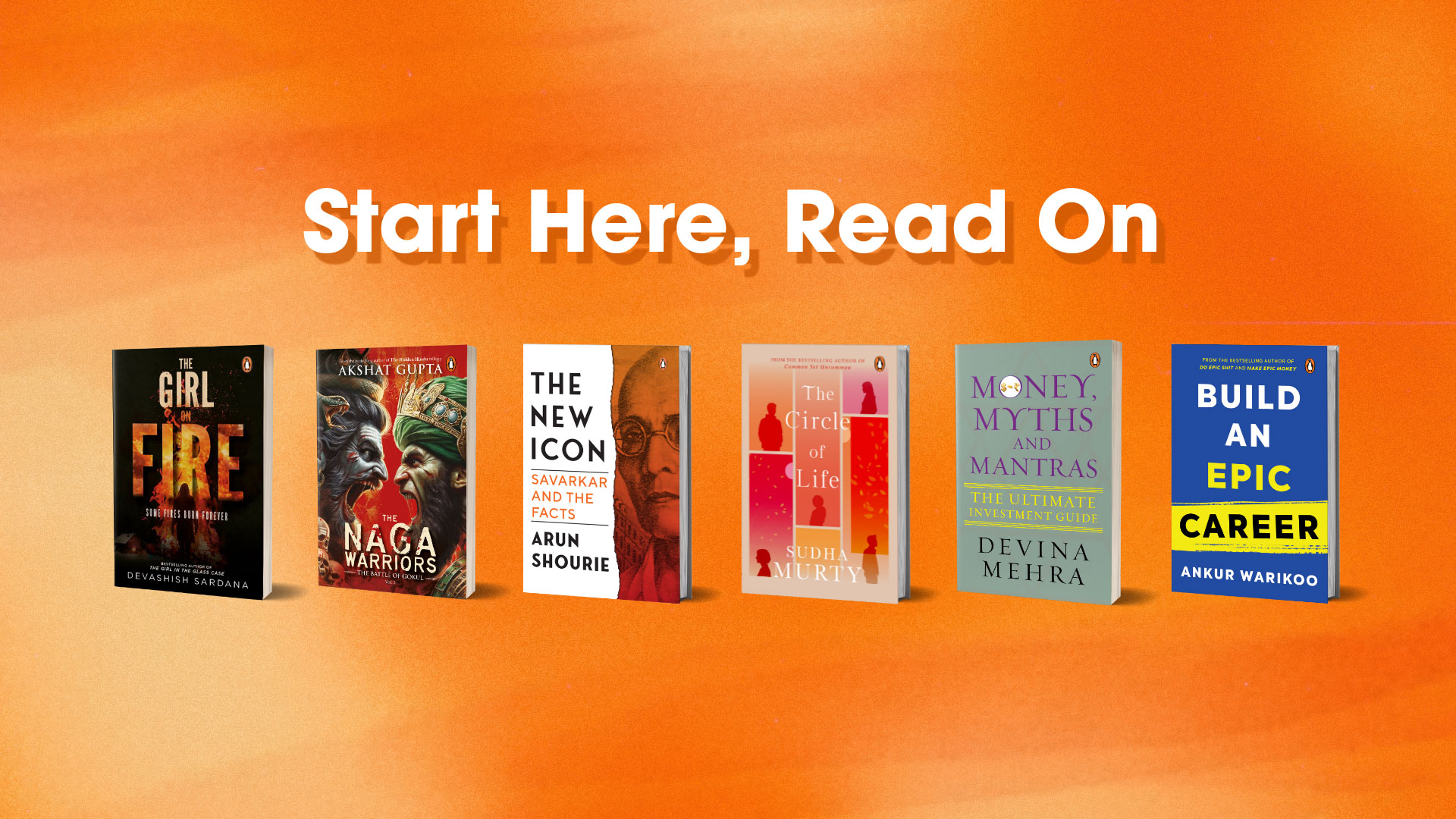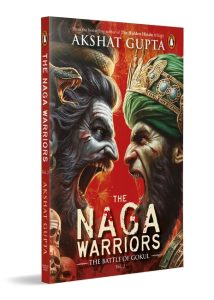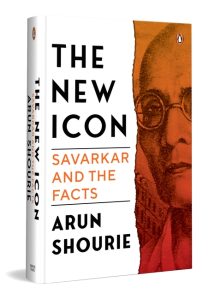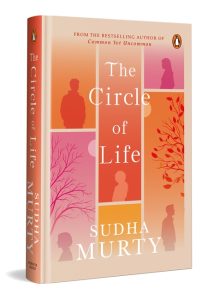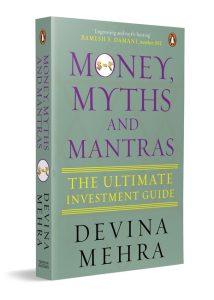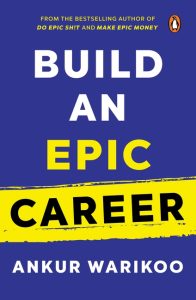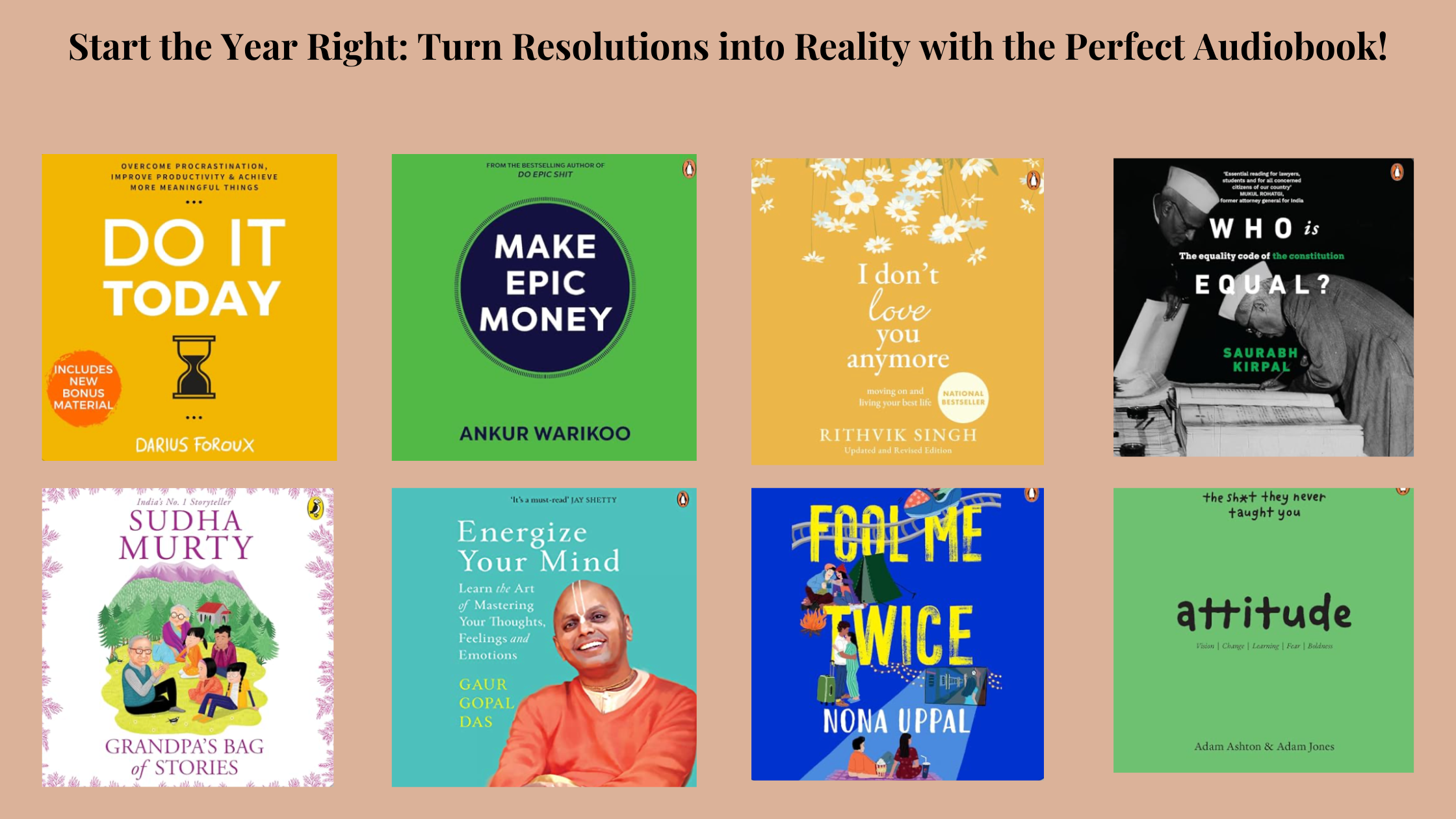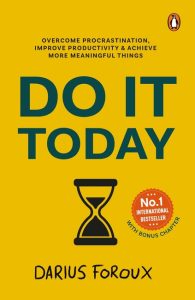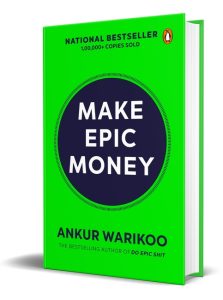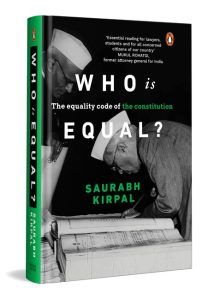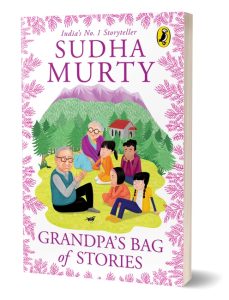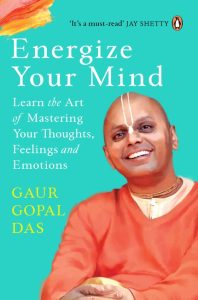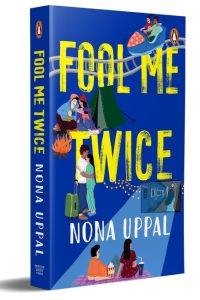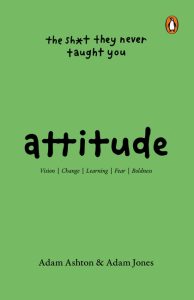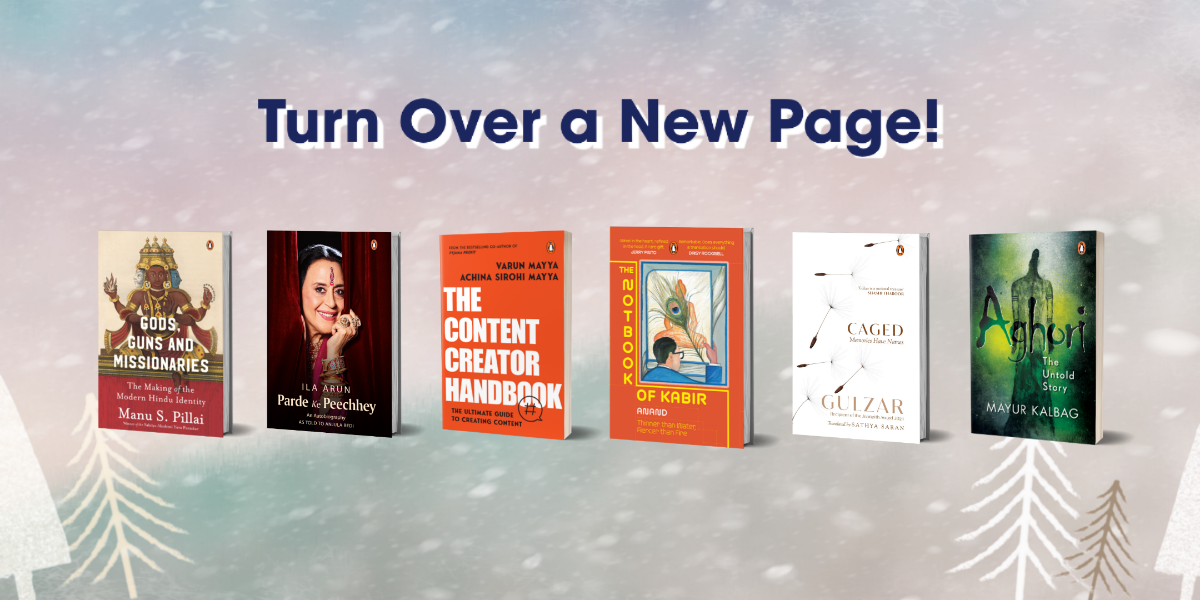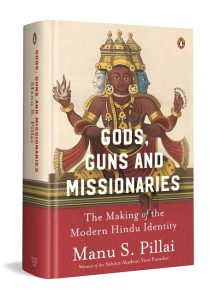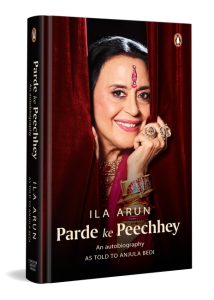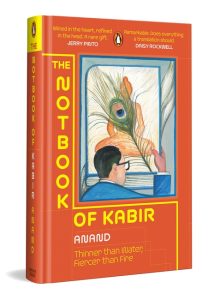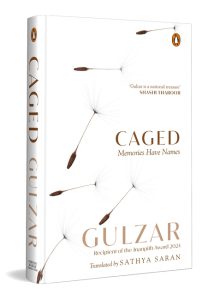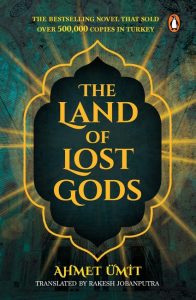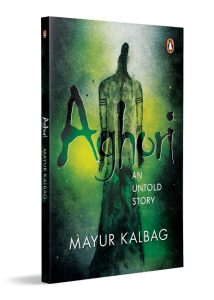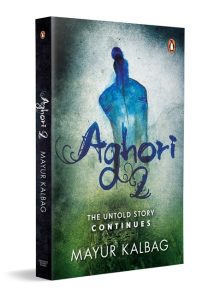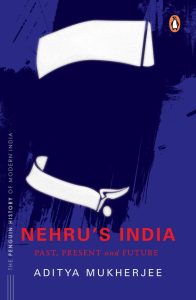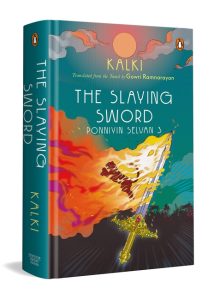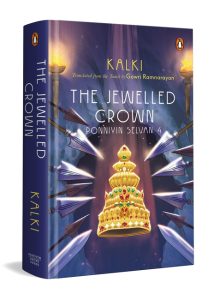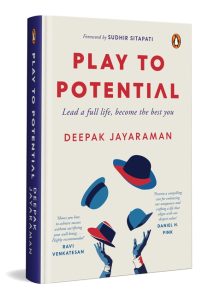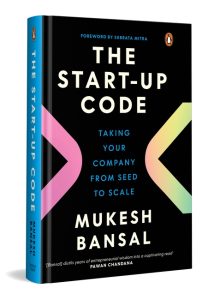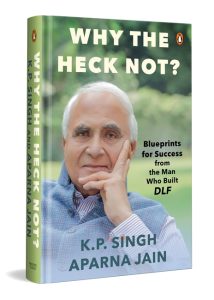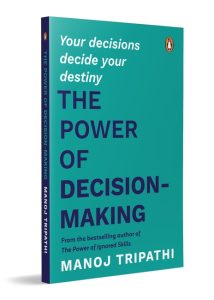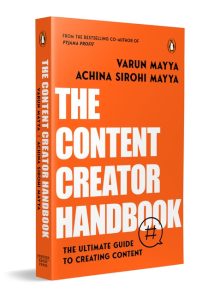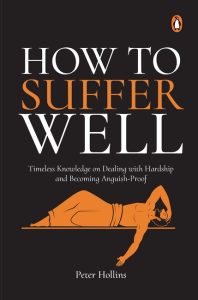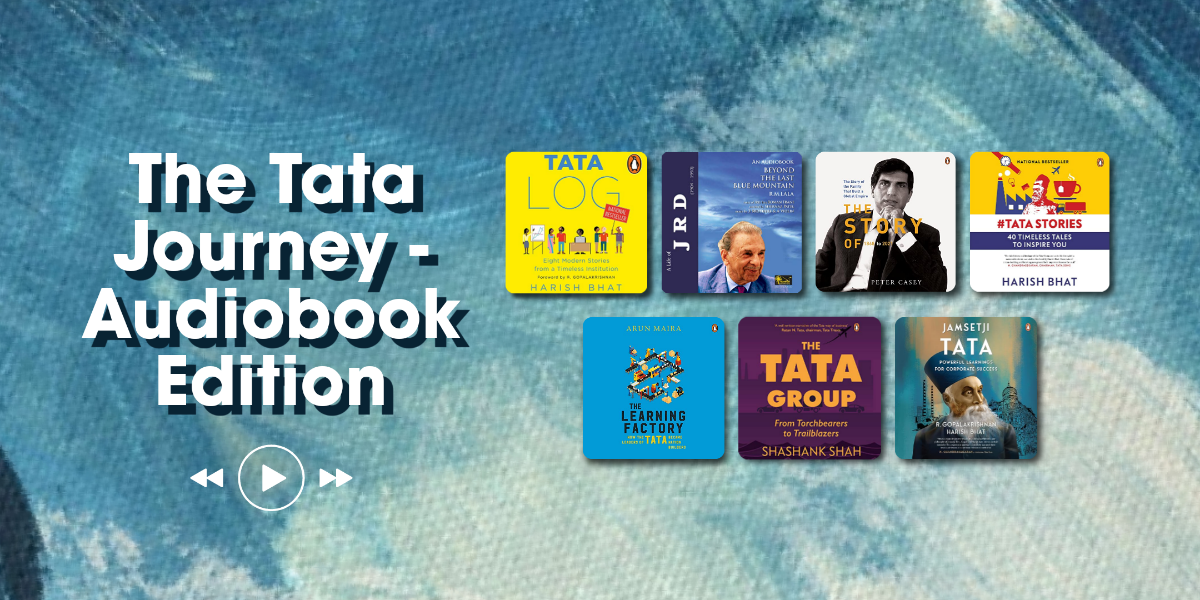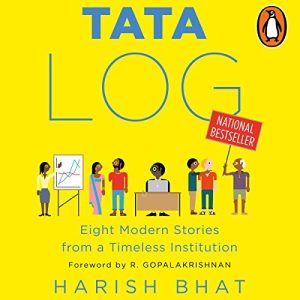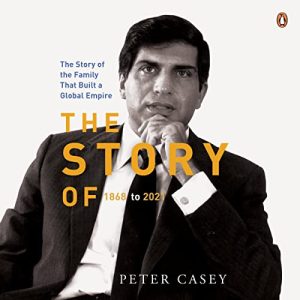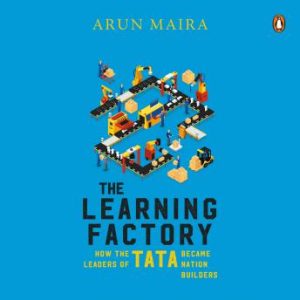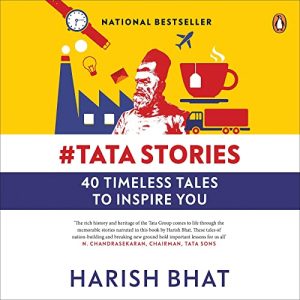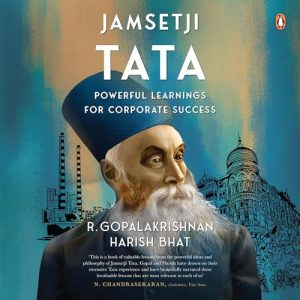We are thrilled to announce that five out of the six shortlisted titles for The International Booker Prize 2025 are published or distributed by Penguin Random House. This impressive lineup showcases the diversity and excellence of our publishing list and we are honoured to share this news with our readers and authors.
The shortlisted titles include:
Heart Lamp by Banu Mushtaq
In Heart Lamp, Banu Mushtaq exquisitely captures the everyday lives of women and girls in Muslim communities in southern India. Published originally in the Kannada, these portraits of family and community tensions testify to Mushtaq’s years as a journalist and lawyer, in which she tirelessly championed women’s rights and protested all forms of caste and religious oppression. Written in a style at once witty, vivid, colloquial, moving and excoriating, it’s in her characters – the sparky children, the audacious grandmothers, the buffoonish maulvis and thug brothers, the oft-hapless husbands, and the mothers above all, surviving their feelings at great cost – that Mushtaq emerges as an astonishing writer and observer of human nature, building disconcerting emotional heights out of a rich spoken style. Her opus has garnered both censure from conservative quarters as well India’s most prestigious literary awards; this is a collection sure to be read for years to come.
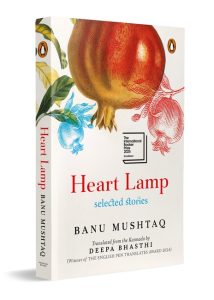
A Leopard-Skin Hat by Anne Serre
A Leopard-Skin Hat may be Anne Serre’s most moving novel yet. A masterpiece of simplicity, emotion and elegance, it is the story of an intense friendship between the Narrator and his close childhood friend, Fanny, who suffers from profound psychological disorders.
A series of short scenes paints the portrait of a strong-willed and tormented young woman battling many demons, and of the Narrator’s loving and anguished attachment to her. Serre poignantly depicts the bewildering back and forth between hope and despair involved in such a relationship, while playfully calling into question the very form of the novel. Written in the aftermath of the death of the author’s little sister, A Leopard-Skin Hat is both the celebration of a tragically foreshortened life and a valedictory farewell.

On the Calculation of Volume by Solvej Balle
On the Calculation of VolumeBalle is hypnotic and masterful in her remixing of the endless recursive day, creating curious little folds of time and foreshadowings: her flashbacks light up inside the text like old flash bulbs.The first volume’s gravitational pull—a force inverse to its constriction—has the effect of a strong tranquilizer, but a drug under which your powers of observation only grow sharper and more acute. Give in to the book’s logic (its minute movements, its thrilling shifts, its slant wit, its slowing of time) and its spell is utterly intoxicating.writing that listens.

Perfection by Vincenzo Latronico
Anna and Tom, an expat couple, have fashioned a dream life for themselves in Berlin. They are young digital “creatives” exploring the excitements of the city, freelancers without too many constraints, who spend their free time cultivating house plants and their images online. At first, they reasonably deduce that they’ve turned their passion for aesthetics into a viable, even enviable career, but the years go by, and Anna and Tom grow bored. As their friends move back home or move on, so their own work and sex life—and the life of Berlin itself—begin to lose their luster. An attempt to put their politics into action fizzles in embarrassed self-doubt. Edging closer to forty, they try living as digital nomads only to discover that, wherever they go, “the brand of oat milk in their flat whites was the same.”
Perfection—Vincenzo Latronico’s first book to be translated into English—is a scathing novel about contemporary existence, a tale of two people gradually waking up to find themselves in various traps, wondering how it all came to be. Was it a lack of foresight, or were they just born too late?

Under the Eye of the Big Bird by Hiromi Kawakami
In the distant future, humans are on the verge of extinction and have settled in small tribes across the planet under the observation and care of “Mothers.” Some children are made in factories, from cells of rabbits and dolphins; some live by getting nutrients from water and light, like plants. The survival of the race depends on the interbreeding of these and other alien beings–but it is far from certain that connection, love, reproduction, and evolution will persist among the inhabitants of this faltering new world.
Unfolding over fourteen interconnected episodes spanning geological eons, at once technical and pastoral, mournful and utopic, Under the Eye of the Big Bird presents an astonishing vision of the end of our species as we know it.
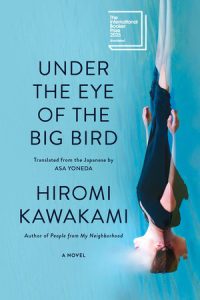
These titles represent some of the best in contemporary fiction, exploring themes that range from identity and culture to philosophy and human relationships. We are proud to bring these stories to readers in India and around the world and we look forward to seeing which title will take home the prize.







